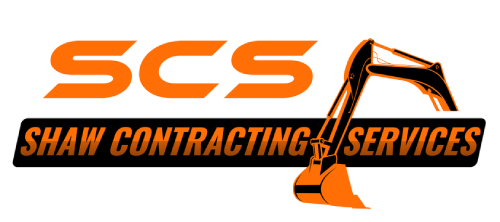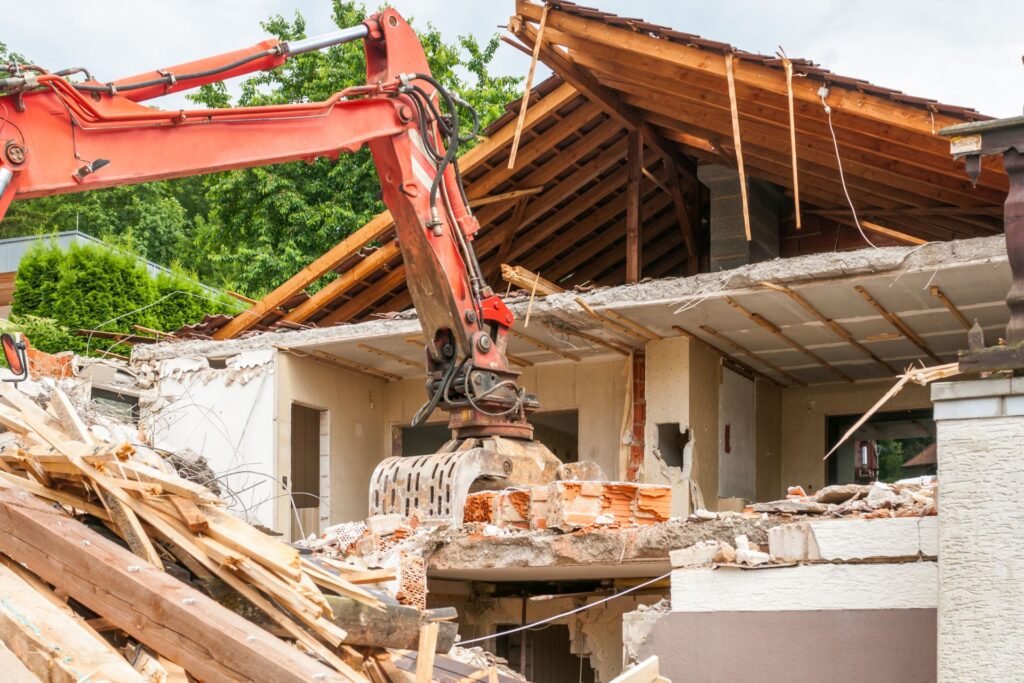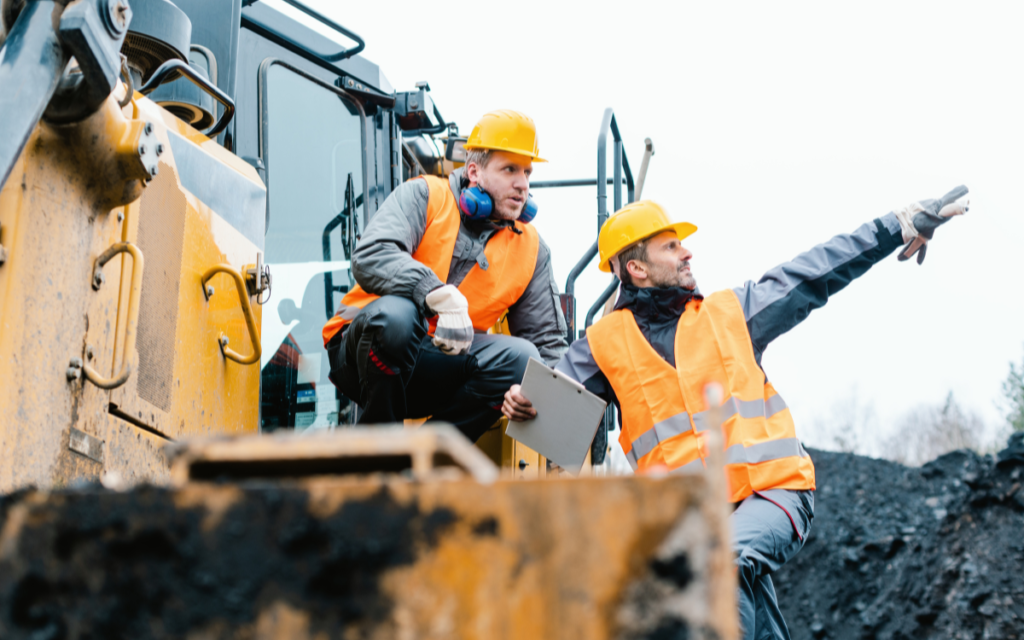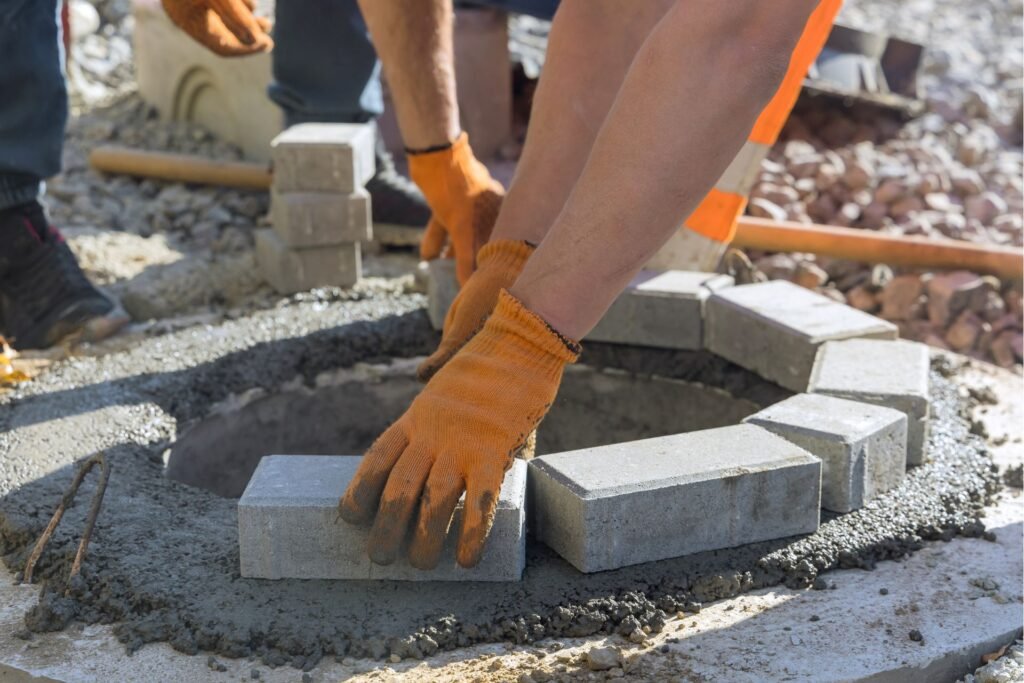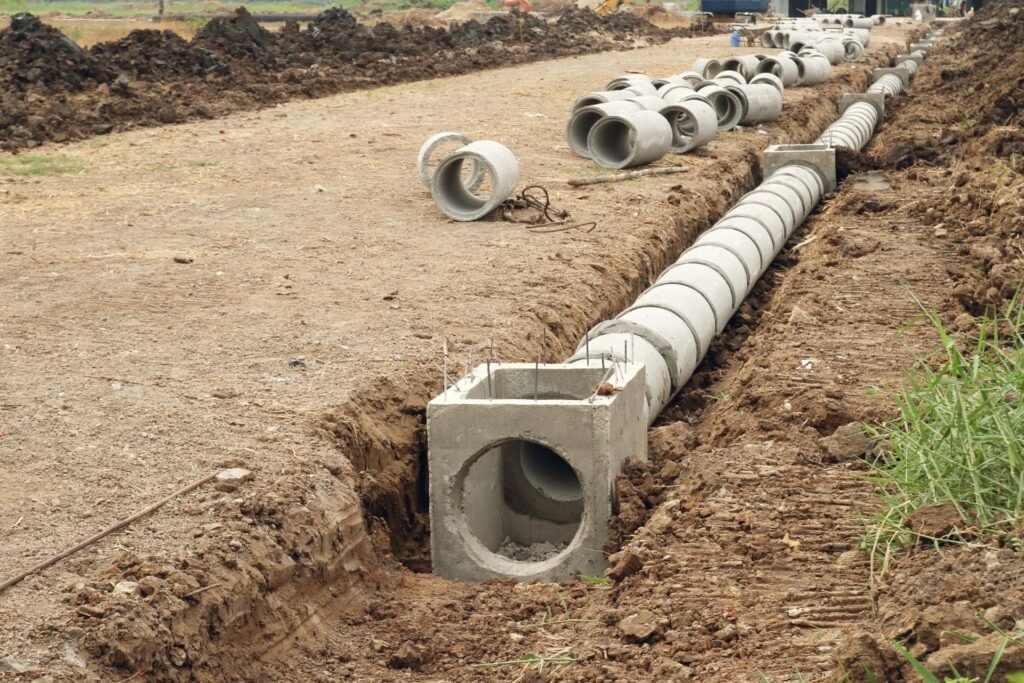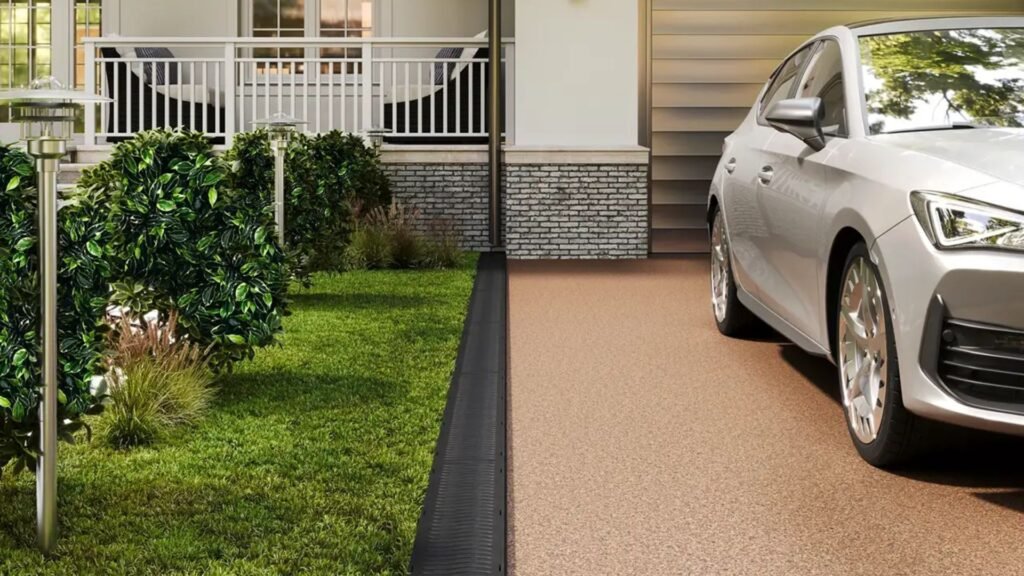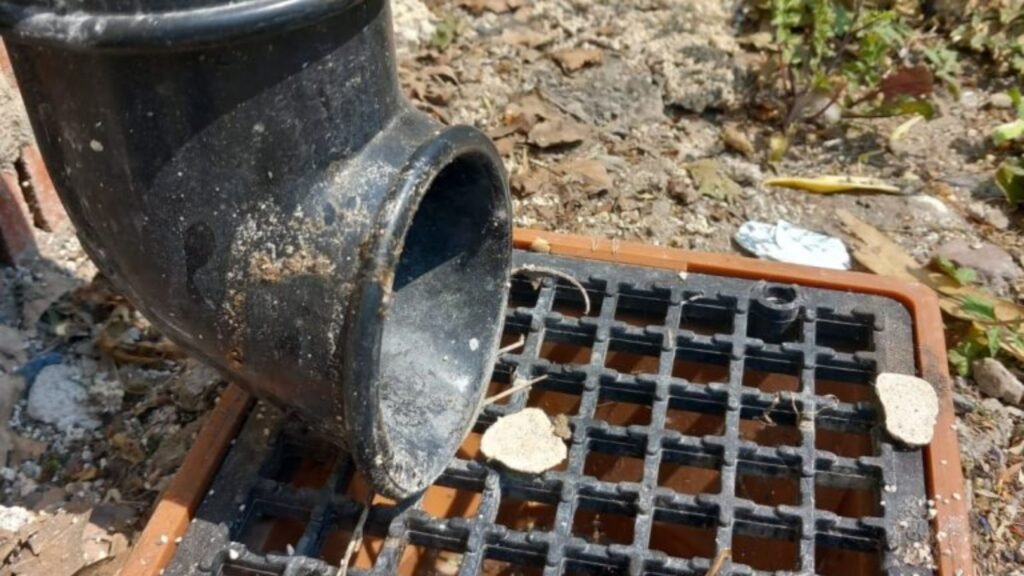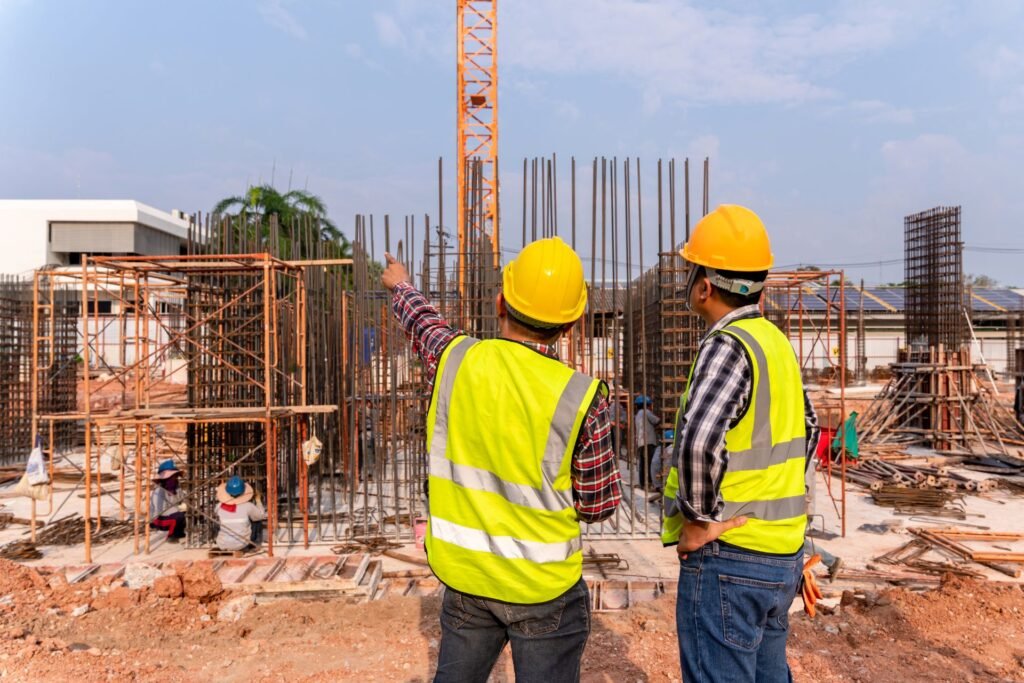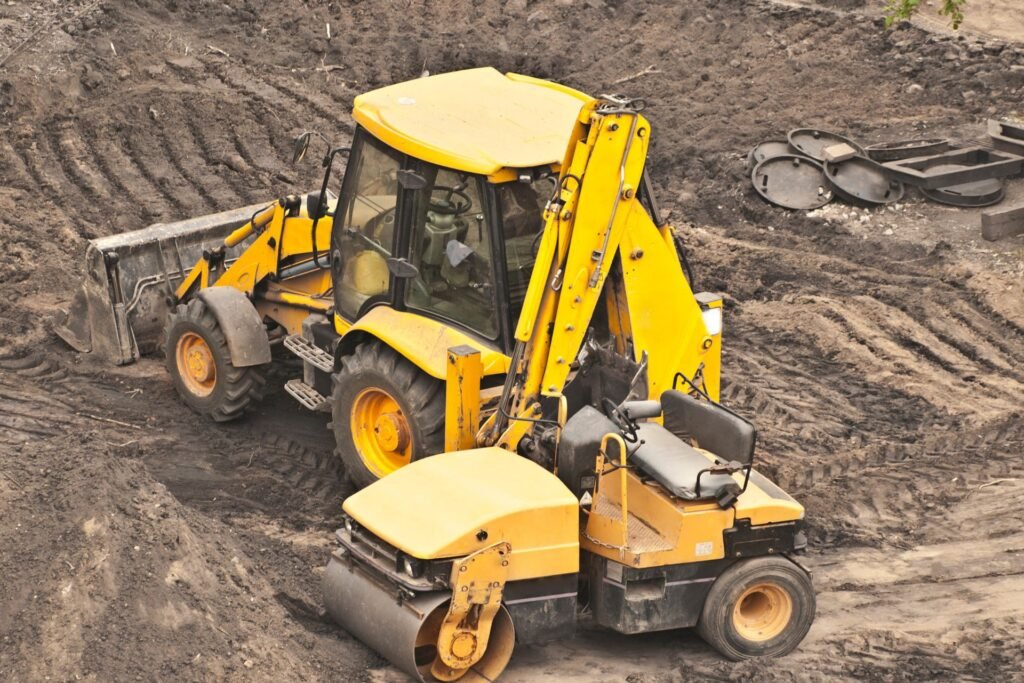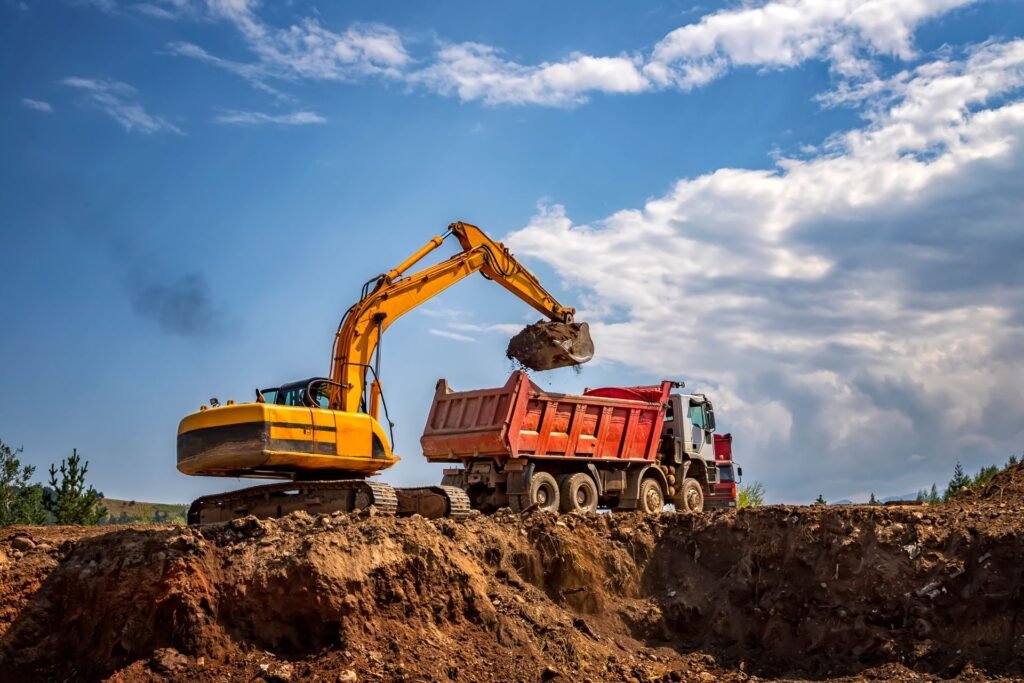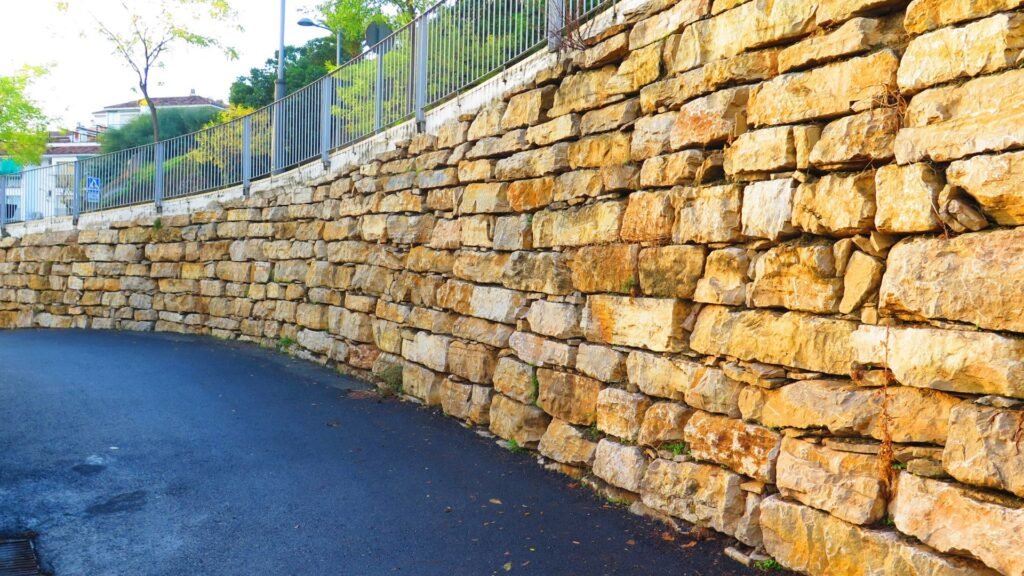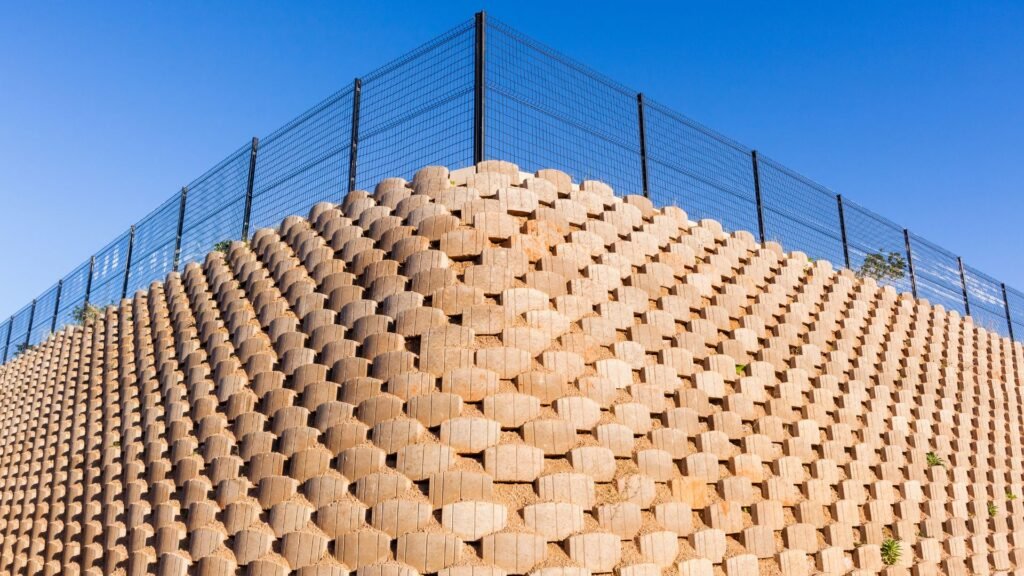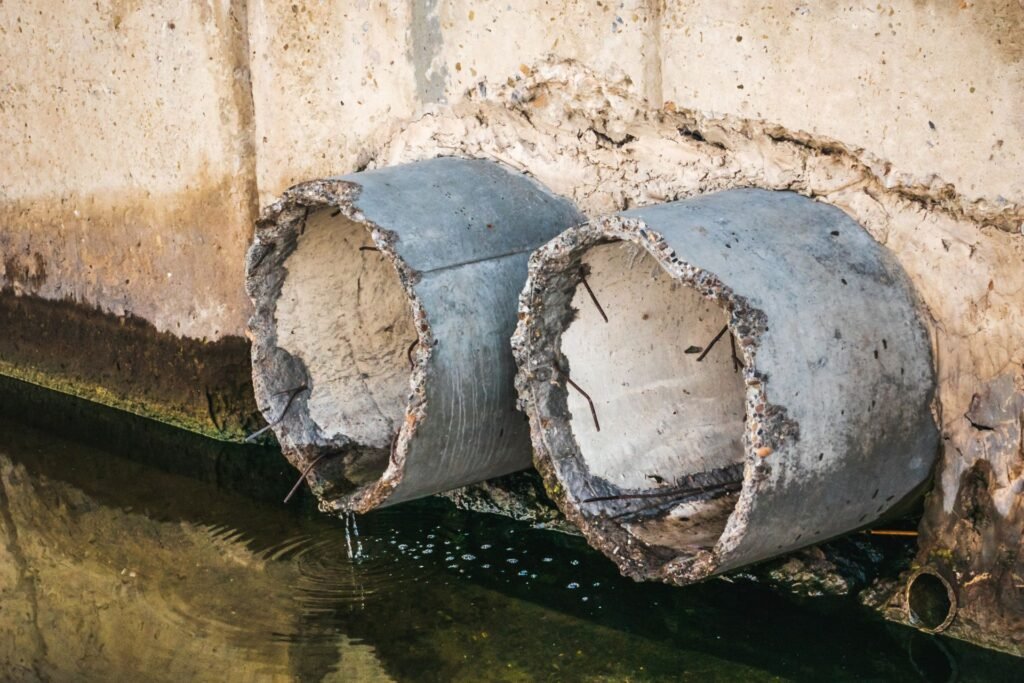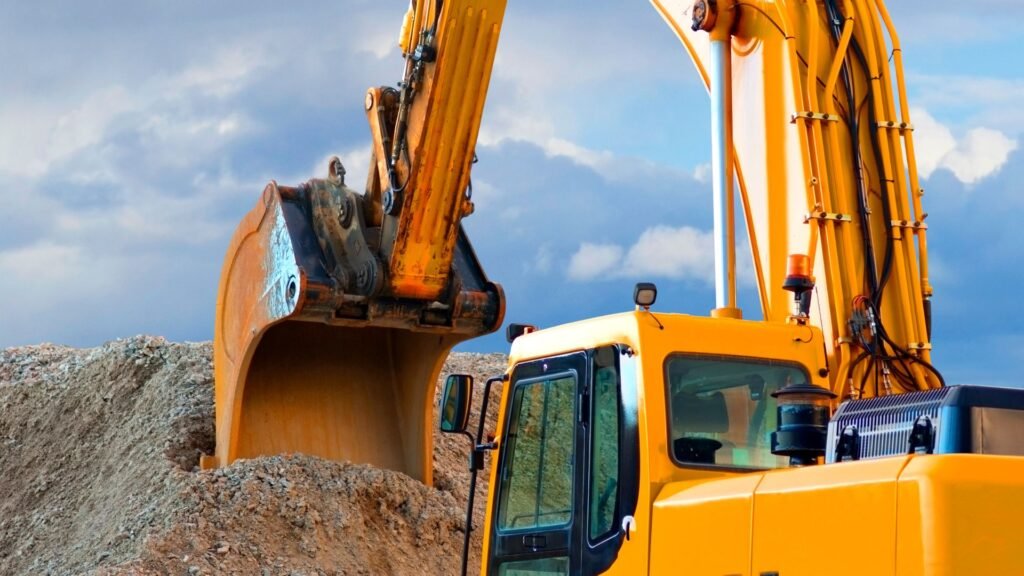Welcome to our comprehensive guide on understanding the cost for demolition services in New Zealand. Whether you’re gearing up for a major renovation, clearing land for a new build, or simply curious about what goes into pricing demolition work, this article is here to help. Navigating the costs associated with demolition can feel overwhelming, but with the right information, you can make informed decisions that save you time, money, and stress. We’ll break down everything you need to know—from the key factors that influence pricing to tips for securing the best possible quote—so you can move forward with confidence on your project.
On average, the cost for demolition services in New Zealand ranges from $10,000 to $40,000 for residential properties, depending on factors like the size and complexity of the structure, location, and any additional requirements such as asbestos removal or site accessibility. For commercial demolitions, the costs can vary more significantly due to the larger scale and specific project needs. Obtaining detailed quotes from reputable contractors is essential for an accurate estimate.
Table of Contents
What Influences The Cost Of Demolition Services In NZ?
When planning a demolition project in New Zealand, it’s crucial to understand the various factors that can influence the overall cost. Demolition costs can vary significantly based on the type of demolition, the size and complexity of the project, its location, environmental and safety considerations, and the necessary permits and regulations. This comprehensive guide delves into these elements to help you estimate the potential expenses of your demolition project.
Type of Demolition
- Residential vs. Commercial Demolition: The type of structure being demolished plays a significant role in determining the cost. Residential demolitions, such as houses, are generally less complex and costly compared to commercial demolitions. Commercial buildings often have larger footprints, stronger materials like reinforced concrete, and may require more sophisticated techniques and equipment, thus increasing the cost.
- Partial vs. Complete Demolition: The scope of the demolition project also affects the price. Partial demolitions, such as removing a single wall or a garage, are less costly than complete demolitions where an entire building is taken down. Complete demolitions require more labor, time, and machinery, as well as handling and disposal of a greater volume of debris.
Size and Complexity of the Project
- Building Size: The larger the building, the higher the cost of demolition. Larger buildings require more labor and machinery, which increases the project’s overall expenses.
- Structural Complexity: Buildings with complex designs, such as those with multiple stories, unusual layouts, or reinforced materials, necessitate advanced demolition techniques and safety measures. This complexity can lead to increased labor costs and longer project durations.
Location and Accessibility
- Urban vs. Rural Areas: The demolition cost can also be affected by the project’s location. Urban areas might have higher labor and permit costs but benefit from better accessibility and availability of demolition services. Conversely, rural demolitions might incur higher transportation and logistics costs.
- Site Accessibility: Accessibility challenges such as tight urban spaces, limited entry points, or remote locations can significantly increase demolition costs. Projects in difficult-to-access areas may require specialized equipment or additional safety protocols, adding to the overall expense.
Environmental and Safety Considerations
- Asbestos Removal: One of the significant cost factors in demolition is the safe removal and disposal of hazardous materials like asbestos. Asbestos must be handled by specialists, following strict safety and health regulations, which can substantially increase the project’s cost.
- Environmental Impact: Demolitions with potential environmental impacts may require additional measures such as salvaging reusable materials, controlling dust, and minimizing noise pollution. These environmentally sensitive practices, while beneficial, can also add to the cost due to the extra labor and equipment needed.
Permits and Regulations
- Local Permits: Obtaining the necessary demolition permits is essential and can vary in cost depending on local regulations. These permits ensure that the demolition is carried out safely and in compliance with local standards and zoning laws.
- Compliance with NZ Building Codes: Strict adherence to the New Zealand Building Code affects demolition costs. Ensuring that the demolition process complies with national standards for safety and construction can require additional oversight and potentially more sophisticated demolition techniques.
Estimating the cost of a demolition project in New Zealand requires a detailed understanding of the project’s scope, type, and location, along with compliance with safety and environmental standards. By considering these factors, you can better prepare for the financial aspects of your demolition project, ensuring it proceeds smoothly and within budget. Whether you’re taking down a small residential structure or a large commercial building, effective planning and understanding of these variables are key to a successful demolition.
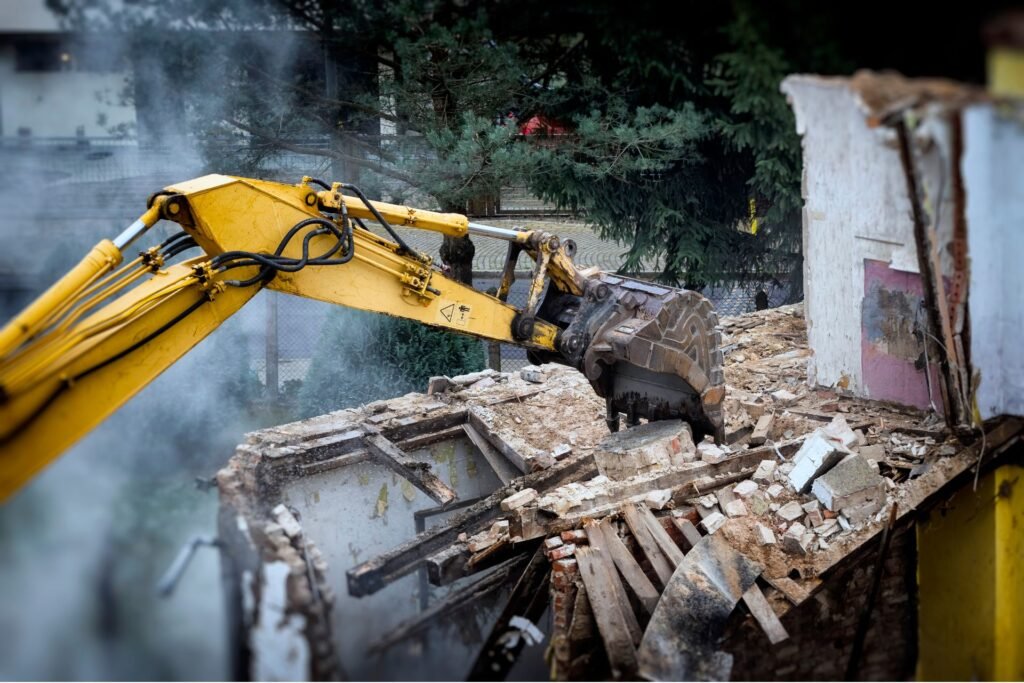
Breakdown Of Typical Demolition Costs In New Zealand
Demolition projects, whether residential or commercial, involve numerous factors that can significantly influence the overall costs. In New Zealand, understanding these costs is crucial for anyone looking to demolish a property. Here, we break down the typical demolition costs in New Zealand, helping you to budget and plan your next project effectively.
Average Cost Estimates
Residential Demolition
The cost of demolishing a standard residential property in New Zealand varies widely depending on several factors including location, size of the property, and the presence of hazardous materials like asbestos. Typically, homeowners can expect to pay between NZD $8,000 and NZD $40,000. This range includes the tearing down of the structure and the removal of debris, but prices can escalate if complications arise during the process.
Commercial Demolition
Commercial demolition costs, on the other hand, are generally higher due to the larger scale of these projects. The cost range for demolishing commercial properties in New Zealand can start from around NZD $20,000 and go up to several hundred thousand dollars. Factors such as the size of the building, its location, and the complexity of the structures involved play a significant role in determining the final cost.
Cost Per Square Meter
Explanation
In New Zealand, demolition costs are often calculated on a per-square-meter basis. This method helps provide a clearer estimation of the overall project costs by considering the total area of the building.
Examples
For a residential property, the demolition cost per square meter might range from NZD $50 to NZD $100. This means, for a 100 square meter home, the demolition could cost between NZD $5,000 and NZD $10,000. Commercial properties, with their more complex structures, might see higher rates per square meter, potentially ranging from NZD $80 to NZD $150 or more.
Additional Costs to Consider
Waste Disposal
One of the significant additional costs in any demolition project is waste disposal. In New Zealand, the cost of removing and properly disposing of demolition debris can be substantial. Depending on the volume and type of material, disposal costs can add several thousand dollars to the overall project cost.
Site Preparation for New Construction
Following demolition, preparing the site for new construction is another cost area that must be considered. This may involve leveling the site, removing leftover debris, and possibly treating the site for future use. These preparation activities can also add significantly to the total expense, depending on the nature of the future construction project.
Understanding the breakdown of demolition costs in New Zealand is essential for property owners and developers to plan and execute their projects within budget. By considering both direct demolition costs and additional expenses, stakeholders can achieve a more accurate financial estimation, ensuring that the project proceeds smoothly from start to finish.
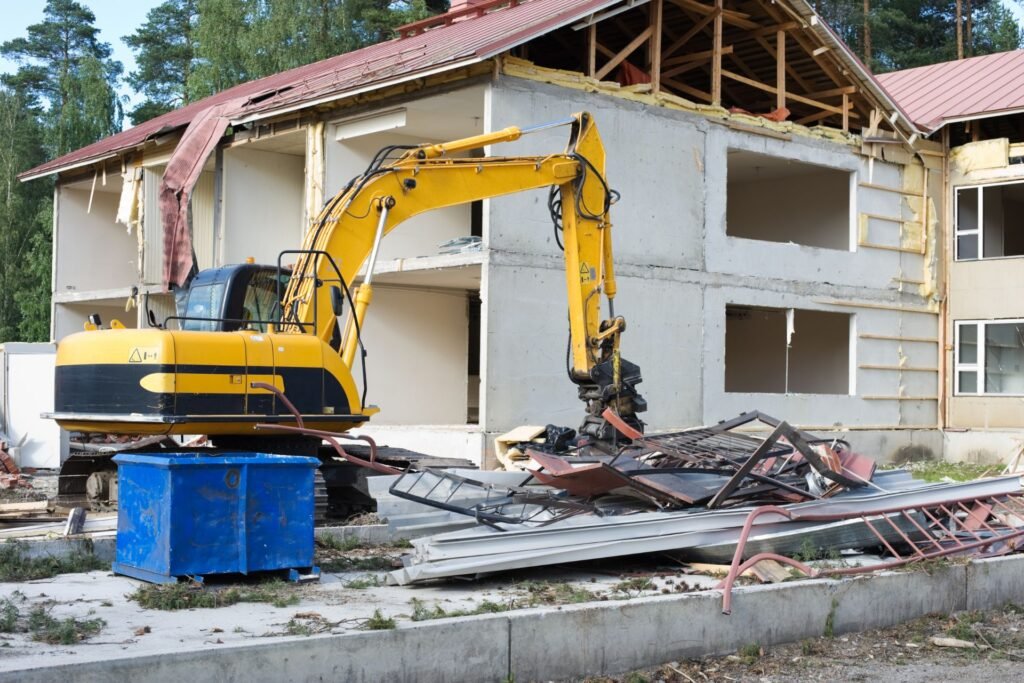
How To Get Accurate Demolition Quotes
When planning a demolition project, obtaining accurate quotes is essential for budgeting and choosing the right contractor for the job. This guide offers comprehensive steps to help you gather and compare demolition quotes effectively.
Research and Shortlist Reputable Contractors
- Local Expertise: It’s crucial to engage contractors who are well-versed in New Zealand’s specific regulations and standards. Local contractors will not only understand the legal requirements but also the logistical nuances specific to your region. This expertise ensures that your demolition proceeds smoothly, adhering to all local laws and safety standards.
- Reviews and Recommendations: Before making any decisions, take the time to read through customer reviews and testimonials. These can provide invaluable insights into the contractor’s reliability, quality of work, and customer service. Additionally, asking for recommendations from friends, family, or industry professionals can lead you to reputable contractors who have proven their competency in the field.
Requesting Detailed Quotes
- Breakdown of Costs: To avoid surprises, request a detailed quote from each contractor. This quote should itemize all costs involved, including labor, equipment usage, permit fees, and any other potential expenses. Detailed quotes not only make it easier to understand where your money is going but also allow you to make a more informed comparison between different contractors.
- In-Person Site Visits: Encourage potential contractors to visit the site before finalizing their quote. An in-person inspection can help them provide a more accurate estimate, as they’ll be able to assess the scope of work firsthand. This step is crucial to ensure that the quote you receive is as precise as possible.
Comparing Quotes
- Evaluate Based on Value, Not Just Price: While the cost is a significant factor, it shouldn’t be the sole criterion for decision-making. Evaluate the quotes by considering what each contractor offers in terms of value—this includes their track record, the quality of their equipment, their staff’s expertise, and their customer service reputation. Opt for a contractor who offers a balance of competitive pricing and proven expertise.
- Hidden Costs: Be aware of potential hidden costs that can arise during demolition projects. These might include fees for additional services like debris removal or unforeseen complications once the project is underway. Discuss these possibilities in advance and find out how different contractors handle unexpected changes or challenges during a project.
By following these guidelines, you can ensure that you receive the most accurate and comprehensive demolition quotes. This will not only help you stay within budget but also guarantee that your demolition project is carried out by skilled and trustworthy professionals.

Tips For Reducing Demolition Costs
When it comes to demolishing a building or clearing a site, costs can quickly spiral out of control. However, with strategic planning and smart decision-making, it’s possible to significantly reduce these expenses. Here, we’ll explore practical tips to help you cut down on demolition costs without compromising on safety or efficiency.
Salvage and Sell Reusable Materials
One of the most effective ways to decrease your demolition expenses is to salvage and sell any reusable materials. Many structures contain valuable elements like metal, wood, and bricks, which can be recycled or reused in other projects. By carefully dismantling parts of the building and salvaging usable materials, not only do you reduce the volume of waste that needs to be hauled away (thereby saving on disposal fees), but you can also generate additional revenue by selling these materials. Engaging with local salvage yards or listing the materials on online marketplaces are great strategies to recover a part of your initial project outlay.
Time Your Demolition Project
Choosing the right time to execute your demolition project can also lead to cost savings. Like many other industries, demolition can have peak and off-peak seasons. During slower periods, contractors might offer lower rates to secure work. Planning your demolition during these off-peak times can result in competitive pricing and more personalized attention from the demolition team. Always consult with professionals to understand the best times for demolition in your area and how you might benefit from scheduling your project accordingly.
DIY Demolition (For Small Projects)
For smaller projects, such as removing a non-load-bearing wall or dismantling a small structure like a shed, considering a DIY approach can be a cost-effective solution. However, it’s crucial to prioritize safety above all. Ensure you have the necessary tools and understand the structural integrity of what you are demolishing. Protective gear such as gloves, goggles, and helmets are essential.
Even though you might handle the project yourself, you still need to be aware of local permits and regulations. Always check with your local city or municipal planning office to ensure that your demolition project complies with all local codes and regulations. Skipping this step can lead to fines or forced project delays, which could erase any savings you achieved by doing it yourself.
By adopting these strategies—salvaging materials, timing your project wisely, and potentially undertaking small DIY demolitions—you can manage demolition costs effectively while ensuring your project adheres to all necessary safety and legal standards. Remember, every demolition project is unique, and it pays to consult with professionals to tailor these tips to your specific situation.
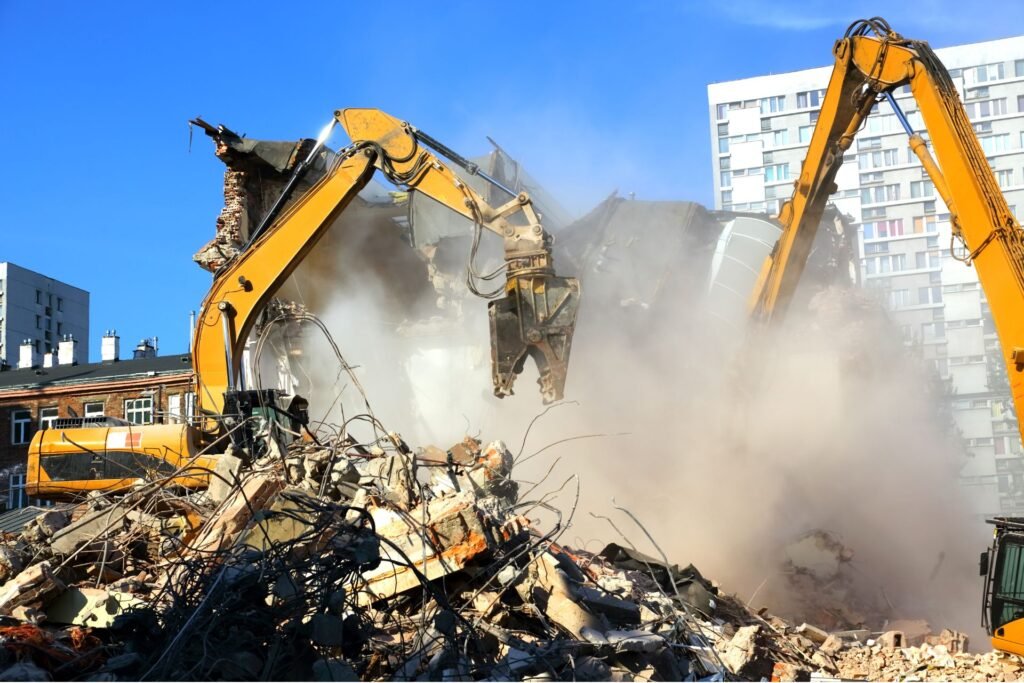
What To Expect During The Demolition Process
Embarking on a demolition project involves several critical steps, each requiring careful planning and execution to ensure safety and compliance with legal requirements. Here’s a detailed walkthrough of what you can expect during the demolition process, from preparation to cleanup.
Pre-Demolition Preparation
Securing Permits
Before any demolition activity can begin, it’s crucial to obtain the necessary permits. These permits are not merely bureaucratic formalities but serve to ensure that your demolition project meets local zoning laws, safety regulations, and environmental standards. The process may vary depending on your location, but generally, this involves submitting detailed plans of the proposed demolition to local authorities and possibly notifying neighbors if residential properties are close by. Securing these permits ahead of time helps avoid legal complications and potential fines.
Disconnecting Utilities
A critical step in preparing for a demolition is the disconnection of utilities. Electricity, water, and gas must be safely disconnected before any physical demolition begins. This is not only for the safety of the demolition crew but also to prevent any potential hazards, such as gas leaks or electrical fires. It’s advisable to contact your local utility companies several weeks in advance to schedule these disconnections. Each utility may have its own requirements and timelines, so early coordination is key.
The Demolition Day
What Happens on Site
Demolition day is a hive of activity, often following a strict, step-by-step process:
1. Site Preparation: The site will be cordoned off, and all necessary safety signage will be put up.
2. Equipment Setup: Heavy machinery, such as excavators and bulldozers, is brought in.
3. Structural Demolition: This begins with the structural components of the building being taken down systematically.
4. Material Sorting: Materials are sorted for recycling or disposal during the demolition.
This process varies depending on the size and complexity of the building but generally follows this sequence to maximize efficiency and safety.
Safety Measures
Safety is paramount on demolition day. Strict protocols are in place to protect workers and the public. This includes wearing personal protective equipment (PPE), such as helmets and safety goggles, securing all loose parts and materials during demolition, and continuous monitoring for any hazardous situations. Regular briefings and safety drills are also part of the routine to ensure that all team members are prepared for emergencies.
Post-Demolition Cleanup
Debris Removal
Once the main structure is down, the focus shifts to debris removal. The debris will be cleared according to local regulations regarding waste disposal. Recyclable materials like metal, concrete, and wood are separated and sent to recycling facilities. Proper disposal is crucial to minimize the environmental impact of the demolition.
Site Inspection
After the debris has been cleared, a final site inspection is necessary to ensure that the area is safe and ready for the next phase, whether it be construction or another project. This inspection should be thorough, checking for any remaining hazards and ensuring that the site meets all local regulations for a cleared lot.
Understanding these steps will prepare you for what to expect during the demolition process and help ensure that your project proceeds smoothly and safely. Each phase is critical and requires careful attention to detail and adherence to regulations to successfully prepare the site for its next chapter.
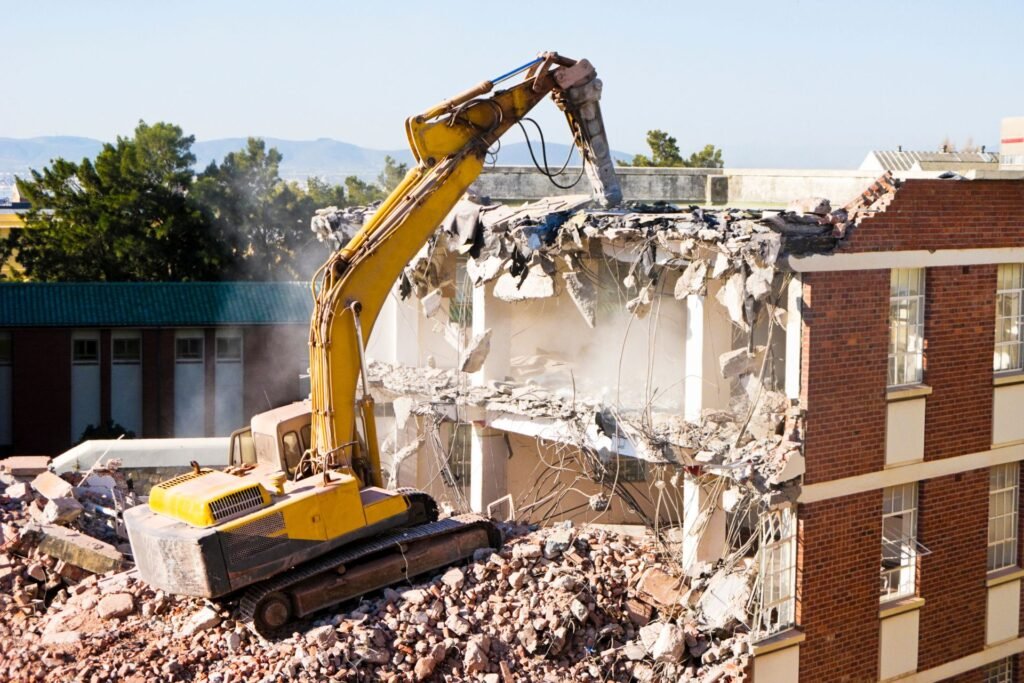
FAQs: About Cost For Demolition Services NZ
How much does it typically cost to demolish a house in New Zealand?
On average, demolishing a residential property in New Zealand costs between $10,000 to $40,000. The price can vary based on factors such as the size and type of the building, its location, and any additional requirements like asbestos removal.
What factors influence the cost of demolition services in NZ?
Several factors influence demolition costs, including the type of demolition (residential vs. commercial), the size and complexity of the structure, location and site accessibility, environmental and safety considerations, and the need for permits and compliance with local regulations.
Is asbestos removal included in the demolition cost?
Asbestos removal is often an additional cost that is not included in the standard demolition quote. If asbestos is present, it needs to be safely removed by specialists, which can significantly increase the overall cost of the project.
Do I need a permit to demolish a building in New Zealand?
Yes, a demolition permit is usually required for most demolition projects in New Zealand. The cost and process for obtaining a permit can vary depending on the location and scope of the project, and it’s essential to factor this into your budget.
How long does a typical demolition project take?
The duration of a demolition project can vary widely depending on the size and complexity of the building, as well as any additional requirements like hazardous material removal. On average, residential demolitions can take from a few days to a couple of weeks.
Can I salvage materials from the demolition?
Yes, salvaging materials such as bricks, timber, and fixtures is possible and can help reduce overall costs. Some contractors offer this service as part of their demolition package, or you can arrange to salvage materials yourself.
What happens to the debris after demolition?
The debris from demolition is typically hauled away and disposed of at a landfill or recycling facility. This cost is usually included in the demolition quote, but it’s important to clarify with your contractor to avoid any surprises.
Is it cheaper to demolish a building in a rural area than in a city?
Demolition costs in rural areas can sometimes be lower due to less stringent regulations and lower permit fees. However, costs may also be higher if the site is difficult to access or far from waste disposal facilities, leading to higher transportation expenses.
Can I live in my house while it’s being partially demolished?
Living in a house during partial demolition is generally not recommended due to safety concerns, noise, and disruption. It’s important to discuss the logistics with your contractor and make alternative living arrangements if necessary.
How can I reduce the cost of my demolition project?
You can reduce demolition costs by salvaging reusable materials, scheduling the demolition during off-peak times, and obtaining multiple quotes from contractors. Additionally, consider whether you can perform some minor demolition tasks yourself, though safety and compliance should always be prioritized.
Conclusion
When planning a demolition project, understanding the costs involved is crucial to ensure a smooth process. Key factors such as the size of the structure, materials involved, and any necessary permits heavily influence the overall expenses. To obtain an accurate quote, it’s important to thoroughly evaluate these elements and consult with professionals. Taking the time to carefully plan and budget your demolition can significantly mitigate the risk of unexpected costs. For tailored advice and specific pricing, reaching out to local demolition experts is a wise step. Their expertise can provide you with personalized guidance and help streamline your project from start to finish.
About the Author:
Mike Veail is a recognized digital marketing expert with over 6 years of experience in helping tradespeople and small businesses thrive online. A former quantity surveyor, Mike combines deep industry knowledge with hands-on expertise in SEO and Google Ads. His marketing strategies are tailored to the specific needs of the trades sector, helping businesses increase visibility and generate more leads through proven, ethical methods.
Mike has successfully partnered with numerous companies, establishing a track record of delivering measurable results. His work has been featured across various platforms that showcase his expertise in lead generation and online marketing for the trades sector.
Learn more about Mike's experience and services at https://theleadguy.online or follow him on social media:
